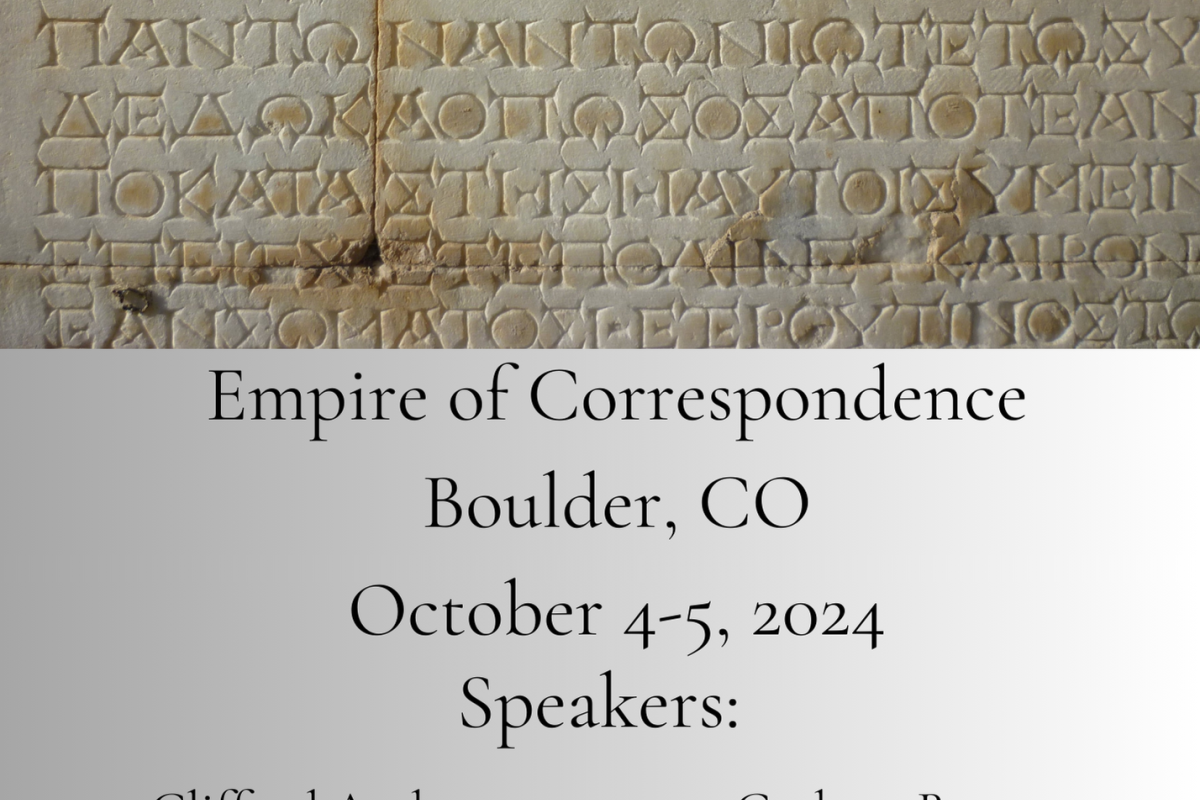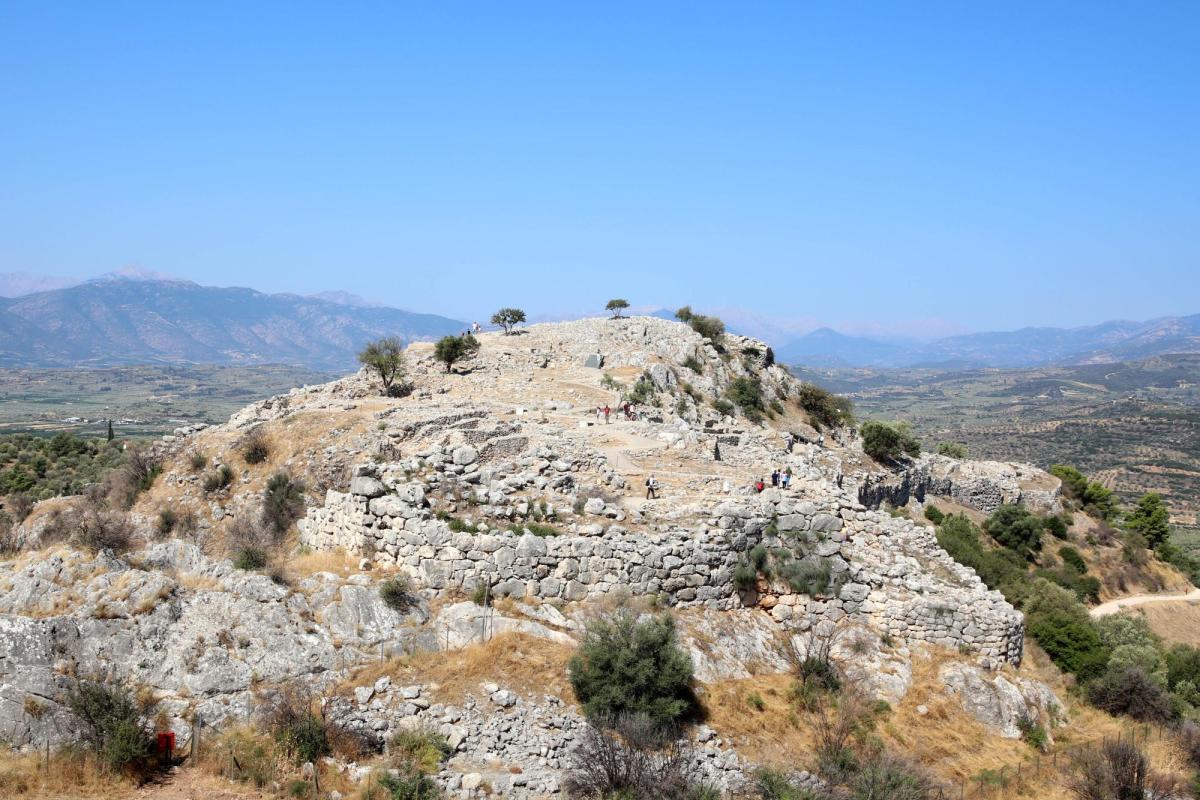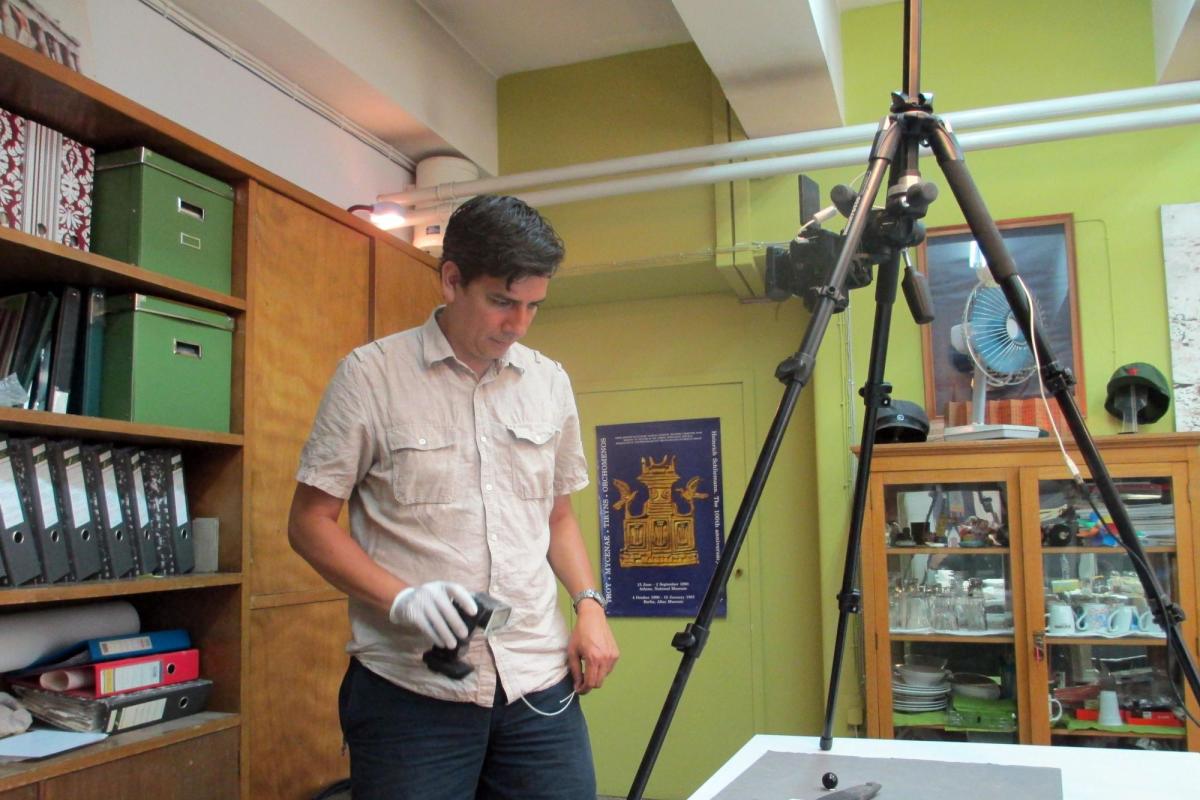Projects
Research projects
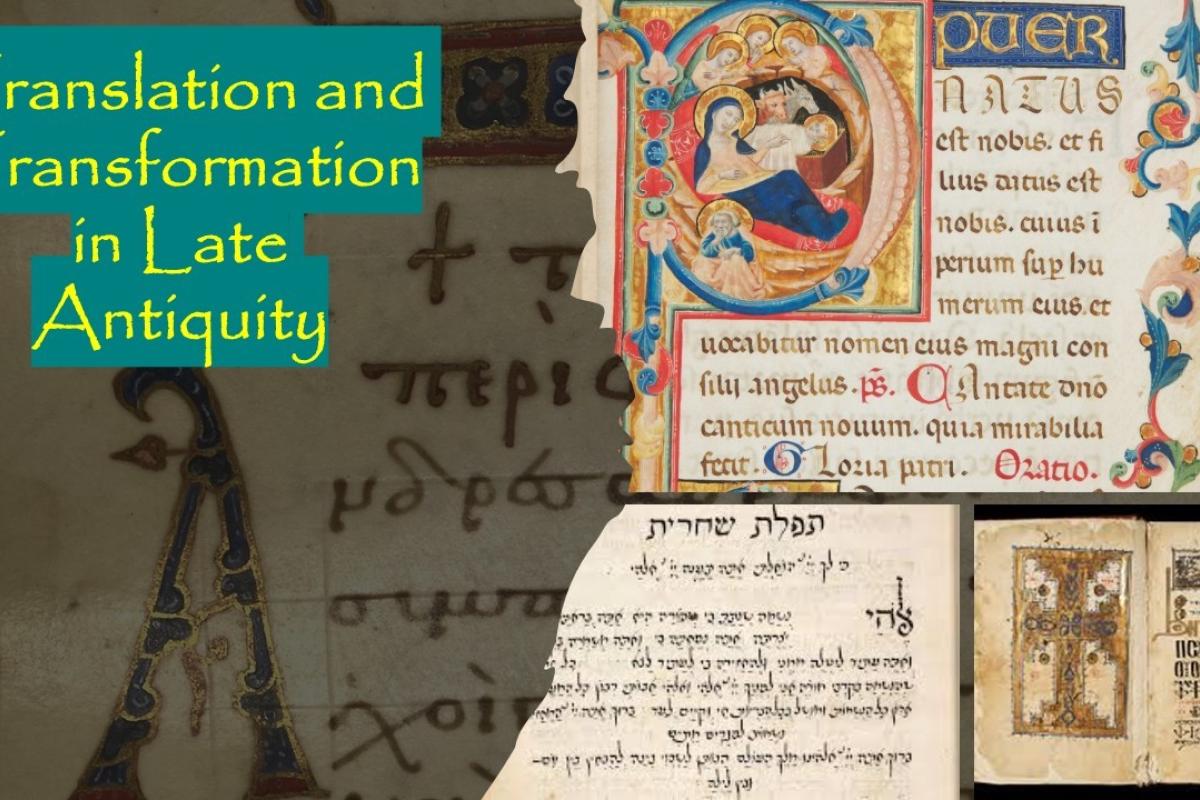
On October 4-5 of 2024, Zach Herz hosted an international conference at CU Boulder entitled “Empire of Correspondence.” The conference, put together by Prof. Herz and his collaborators Serena Connolly, Elsemieke Daalder, and Matthijs Wibier, was funded by a $50,000 Collaborative Research Grant from the National Endowment for the Humanities; accordingly, Boulder was able to invite scholars from three continents to discuss the complex role of imperial letters in Roman social, political, and legal life. The proceedings of the conference are currently in preparation for submission to Brill’s Impact of Empire series.
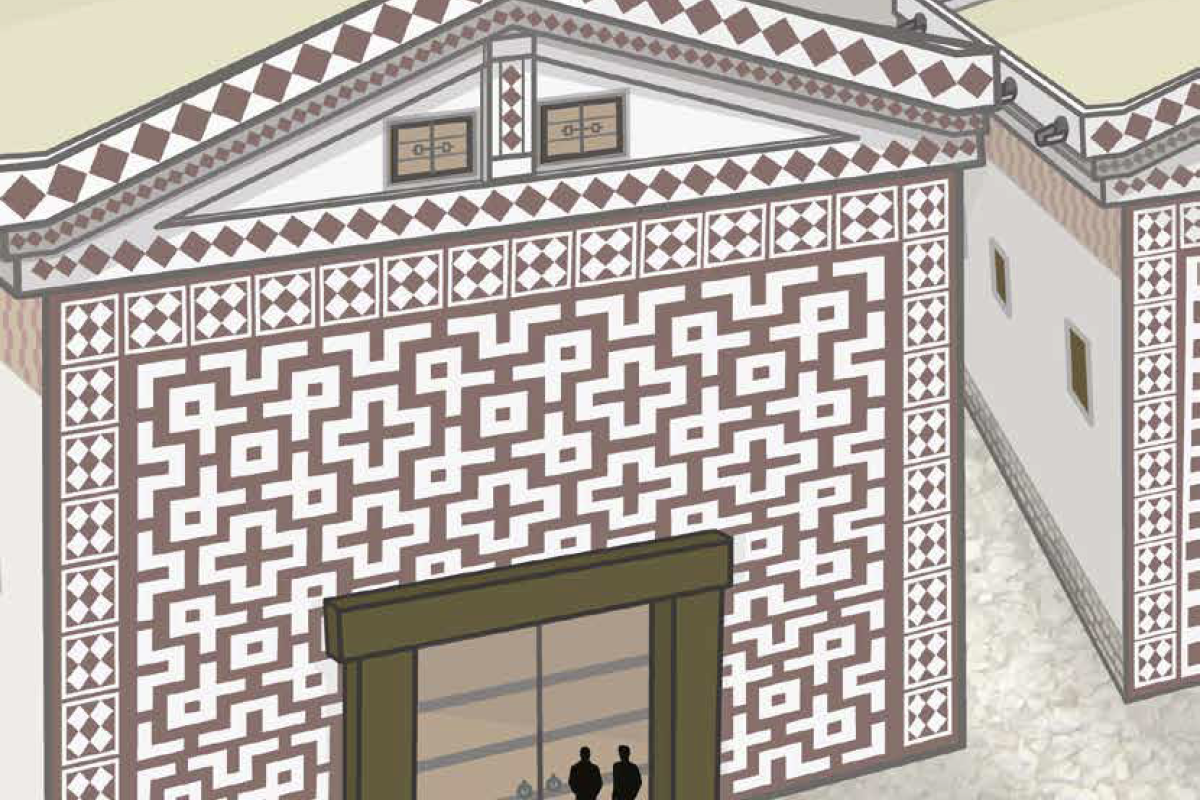
This project investigates the elite quarter of the Phrygian capital at Gordion around 800 BCE, seeking to understand how the community lived and negotiated power and identity, and how interconnectivities with the broader eastern Mediterranean regions affected sociocultural expressions. In support of this project, Elspeth Dusinberre was a J. Paul Getty Villa Museum Research Scholar (2024) and a John Simon Guggenheim Memorial Foundation Fellow (2024)
Dimitri Nakassis's book project, Reassembling Mycenaean Greece, ca. 1650-1075 BCE, proposes a new way of understanding the Mycenaean world by taking apart interpretations premised on its essential unity. It shows that these models have failed to account for much of our textual and archaeological evidence and that they are also defective on theoretical grounds. It reconfigures the study of Mycenaean Greece through practice-based approaches and thus sets it on a more solid foundation.
This project, co-directed by Dimitri Nakassis (University of Colorado Boulder) and Kevin Pluta (University of Texas at Austin), aims to document the administrative texts from the Mycenaean "Palace of Nestor" in southwestern Greece, as a continuation of the Palace of Nestor IV project initiated by Emmett Bennett, Jr. In addition to traditional methods for documenting the tablets we are also using new digital technologies.


